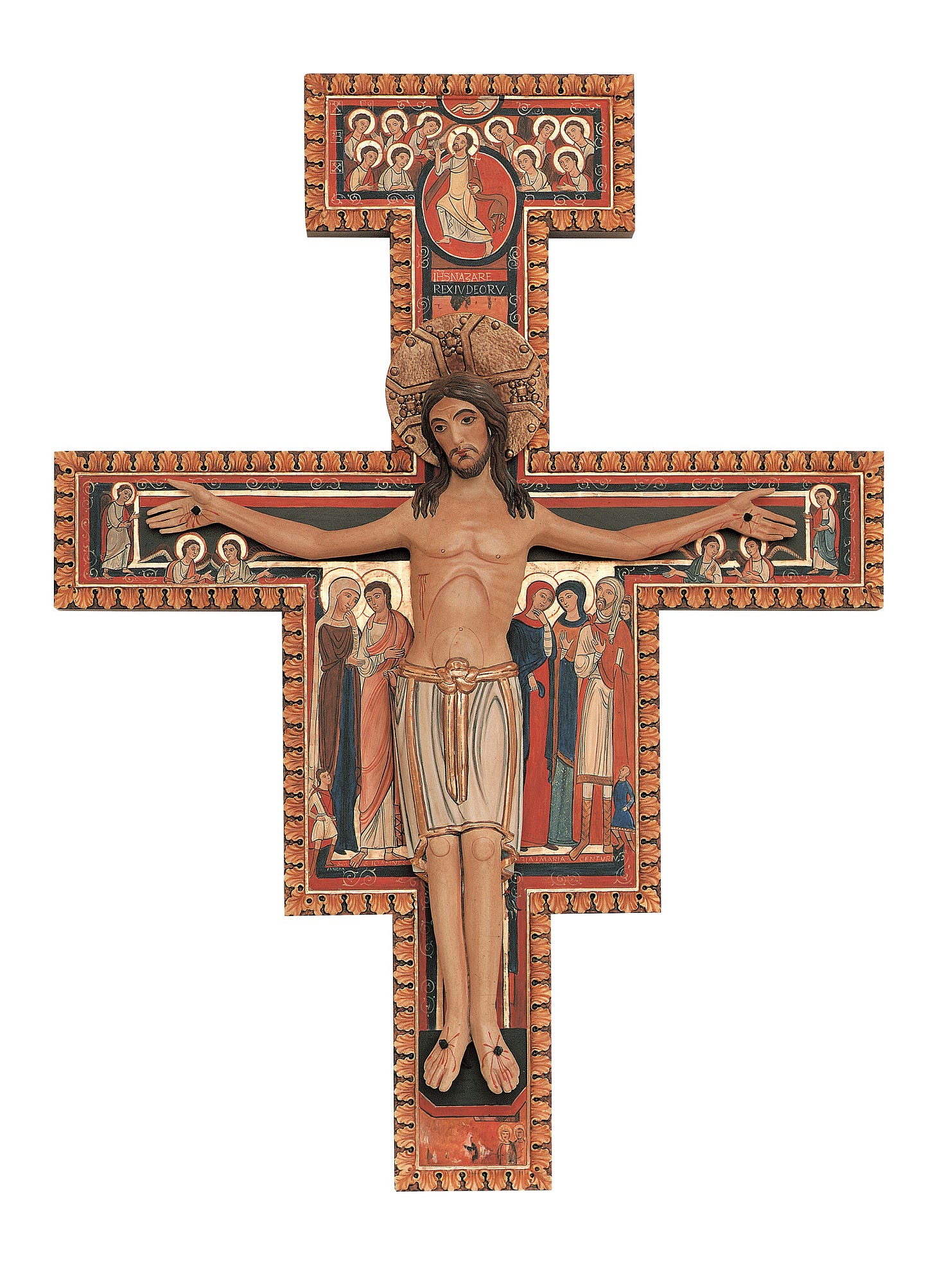Here is the rough text of what I preached this morning at The Fork Church. I may have wandered off book a little. It’s just a brief meditation on death and the Cross.
++++++++++++++++++++++++++++
This morning’s readings are rich and thought-provoking. We have Psalm 30 which is a beautiful, classic text. We have the painfully relevant reading from 2 Corinthians. And our Gospel reading from Mark is a well-known tale of Jesus performing miracles. Talitha cum.
But it is our first reading from the Wisdom of Solomon that captured my imagination. Apocryphal. Lovely. This week’s reading has utterly captivated me.
Hear this again.
God did not make death.
This is a statement of utmost hope. We were not made for death. We were made incorruptible. We were made in the eternal image of God. That is an incredible statement about the nature of humanity.
God did not make death.
Yet…Everything dies. Birds fall from the sky and mountains are eroded away. Trees fall in the forest whether or not we hear them. You and I come to an end.
Oblivion.
Why then do we die?
This reality is not God’s doing.
So, why does it happen? Sin? Fallenness? The natural order?
Across millennia, people have struggled to answer this question. You have likely struggled to answer this question. Our writer this morning seems to bypass it…The devil did it. That’s all he says. Out of envy, the devil brought death.
God did not make death.
Jesus turned about in the crowd and said, “Who touched my clothes?” And his disciples said to him, “You see the crowd pressing in on you; how can you say, ‘Who touched me?’” He looked all around to see who had done it. But the woman, knowing what had happened to her, came in fear and trembling, fell down before him, and told him the whole truth. He said to her, “Daughter, your faith has made you well; go in peace, and be healed of your disease.”
We are not even told her name, yet…
This woman never recited the Creed.
This woman never attended a confirmation class.
This woman simply trusted in God’s promise.
What promise?
The end of death’s grip upon her.
God did not make death, nor is it a moral failing on our part. Instead, death is the passage we all must take. Like Christ did, we too must pass through oblivion to get to everlasting life.
This, friends of God, is what the Cross of Christ is all about. The redemption of humanity, our atonement, is the eradication of death. The cross of Christ is where oblivion and resurrection meet and death is overcome.
The cross is where we meet God.
In Christ Crucified, we meet God enfleshed.
In the cross, we meet God Crucified.
(Here, I went of script. I cannot exactly recall what I said, but I dug in a little more.)
In his first letter to the Corinthians, St Paul will remind us that the atoning blood of Christ reconciles all creation to God.
Fourth century preacher and theologian, Saint John Chrysostom said it this way in his famous Easter homily.
Let no one fear death, for the Death of our Savior has set us free. He has destroyed it by enduring it. He destroyed Hell when He descended into it. He put it into an uproar even as it tasted of His flesh.
God did not make death.
God heals.
God reconciles.
God created us for incorruption.
The Cross is God’s promise to us that these things are true.
With the anonymous woman, we say, “This Jesus is God. I only need to touch the hem of his garment and I shall be healed.”
Healing, of course, is strange business. We may wish for it, cry out for it, and it may never come. We will all suffer the oblivion of death. But we also know that is not the end.
Lamentations reads:
This I call to mind, and therefore I have hope: The steadfast love of the Lord never ceases, God’s mercies never come to an end; they are new every morning; great is your faithfulness. “The Lord is my portion,” says my soul, “therefore I will hope in God.”
God did not make death.
The Cross tells us this.





Thank you so much for this
The more time I spend immersed in scripture, the more I wonder if “death” refers not to biological finitude, but to shame. That seems to me to be the space Jesus truly de-claws, as it were, by not resisting the cross.